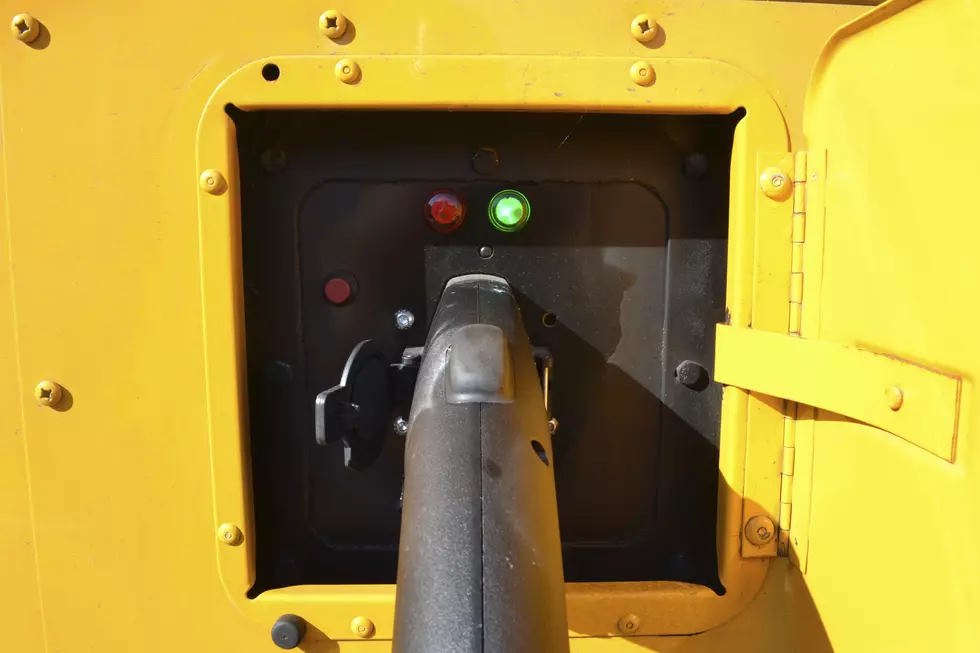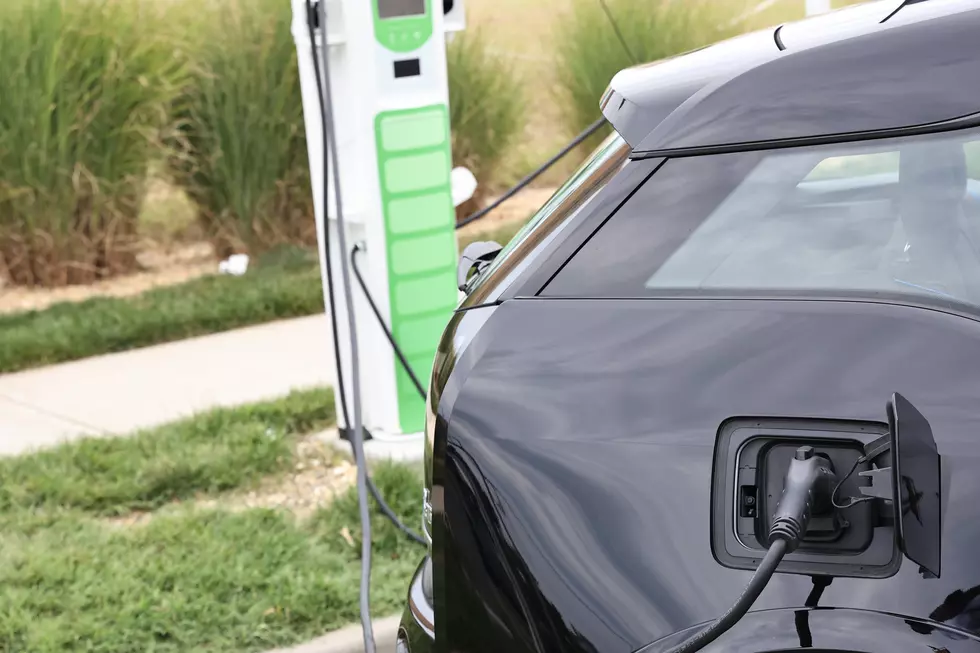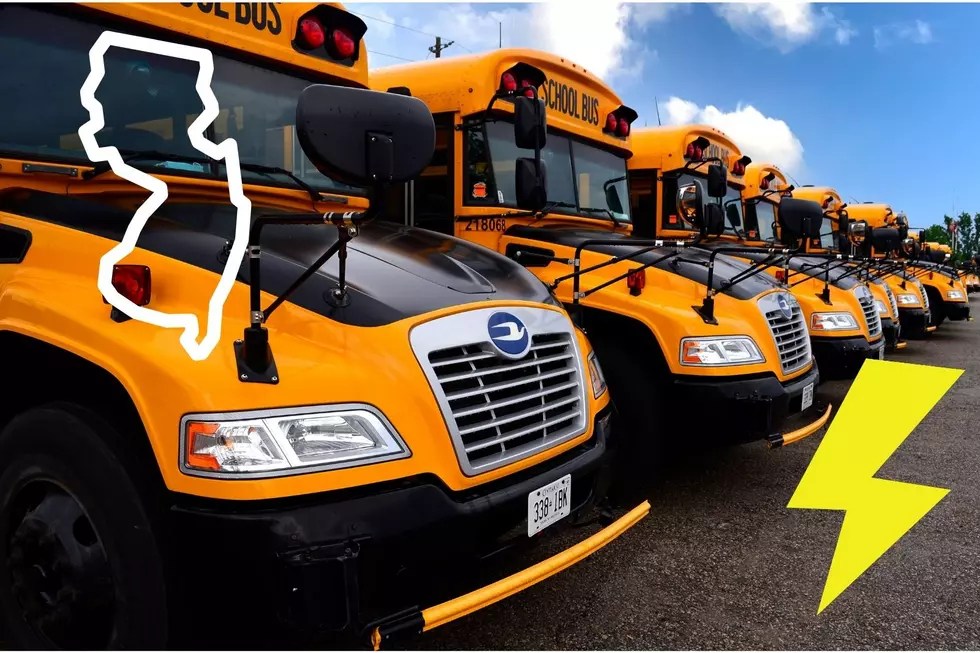
Critics say NJ has better use for $45M than electric school buses
TRENTON – Lauded as a step toward saving the environment and derided as a Jetsons bus, a plan to commit $45 million over three years toward buying electric school buses ran into skepticism before passing in the Assembly among those who say there are better ways to spend that money.
The spending – $15 million a year for three years – amounts to 0.03% of the state budget, but some lawmakers said it should be used for more immediate priorities, such as reducing aid cuts for about one-third of school districts.
Assemblywoman Victoria Flynn, R-Monmouth, said the Legislature should be focused on helping students overcome learning loss and mental health challenges brought on by the pandemic, rather than a transition to electric school buses.
“We can all agree that there’s a crisis in public education,” Flynn said. “And this bill isn’t addressing it.”
Assembly Majority Leader Louis Greenwald, D-Camden, said the state budget has record school funding, not to mention unprecedented federal aid to schools. And he said lawmakers have passed bills about mental health.
“I would ask her to recognize the importance of electric buses right now with gas prices the highest that they’ve ever been in the country,” Greenwald said. “So, I think this is a very worthy bill.”
The bill (A1282) was passed 47-31 with one vote to abstain and heads to a Senate committee.
Assemblyman Christian Barranco, R-Morris, said diesel buses cost $110,000 each while electric buses cost $300,000. He said the transportation committee was told replacing all the school buses in the state could cost $5 billion.
“We all know in this state that our property taxes pay for our schools. This is going to kill property taxes,” Barranco said.
Assemblyman Dan Benson, D-Mercer, said electric buses are the future and offer both economic and health benefits.
“All the studies show that electric buses over the life are cheaper than the current buses we have,” Benson said. “Nobody’s asking us to spend $5 billion in this bill. This bill is $15 million a year to do a pilot.”
Assemblyman Sterley Stanley, D-Middlesex, said the benefit of a pilot program is that lawmakers can study the results and make changes as needed. He noted a similar electric school bus bill passed last year without controversy, 57-14-1.
“There’s going to definitely be a cost factor, but if you look at the long run there will be benefits to the school districts as well, as far as energy sharing programs are concerned,” Stanley said.
The Senate last year voted 35-3 to spend $15 million a year for three years on electric buses though will have to vote on the bill again to match the Assembly, as that first vote happened in the prior session.

Assemblyman Greg McGuckin, R-Ocean, said New Jersey should let other states, territories and the federal government study it.
“It’s an example of taking away from our children today for something over here in the future,” said McGuckin, whose district’s schools are seeing their state aid reduced again in the coming year.
Michael Symons is the Statehouse bureau chief for New Jersey 101.5. You can reach him at michael.symons@townsquaremedia.com
Click here to contact an editor about feedback or a correction for this story.
NJ beach tags guide for summer 2022
Netflix’s Most Popular English-Language TV Shows Ever
More From 105.7 The Hawk










